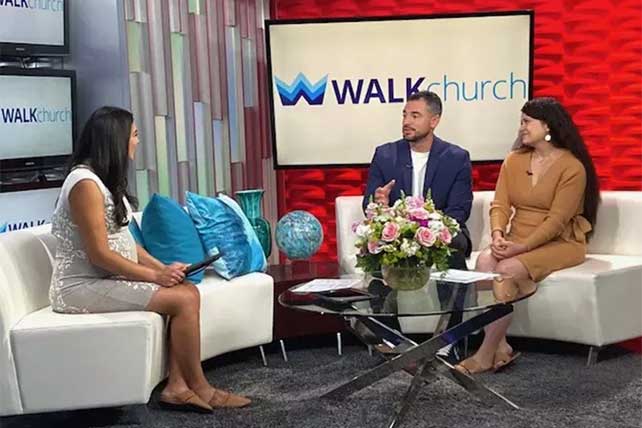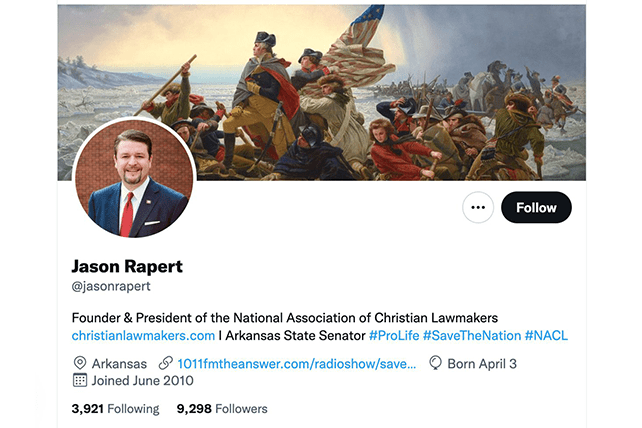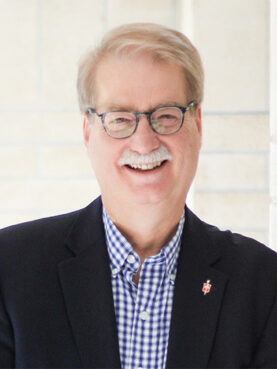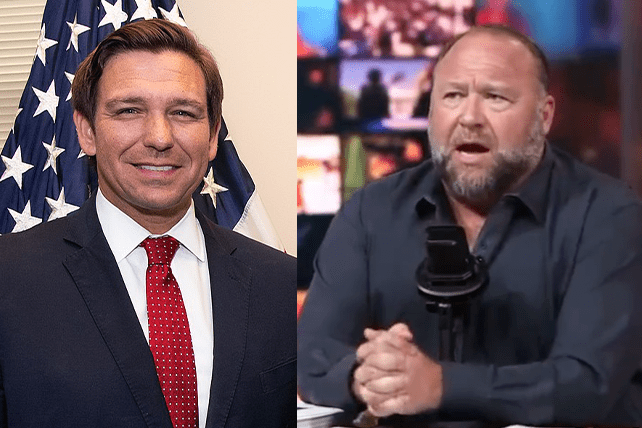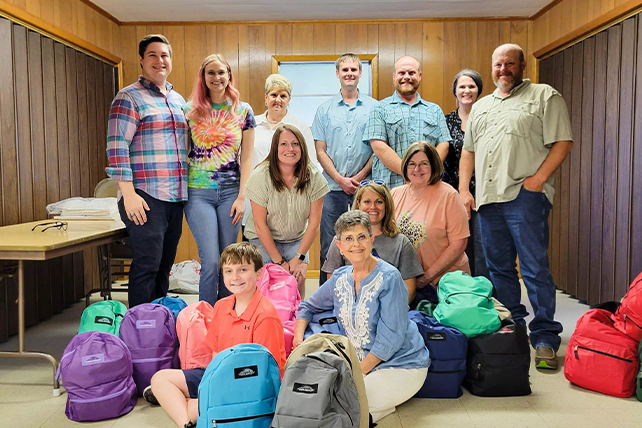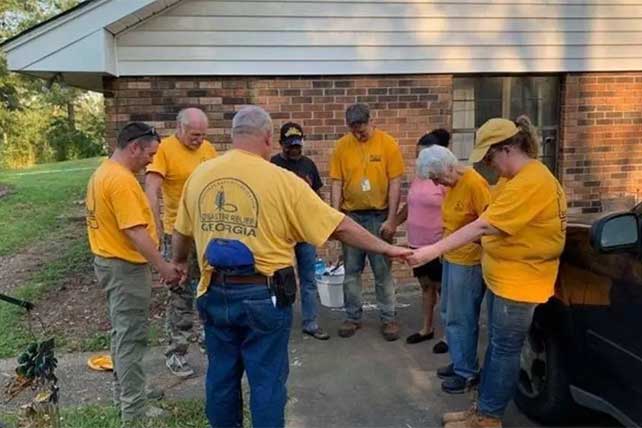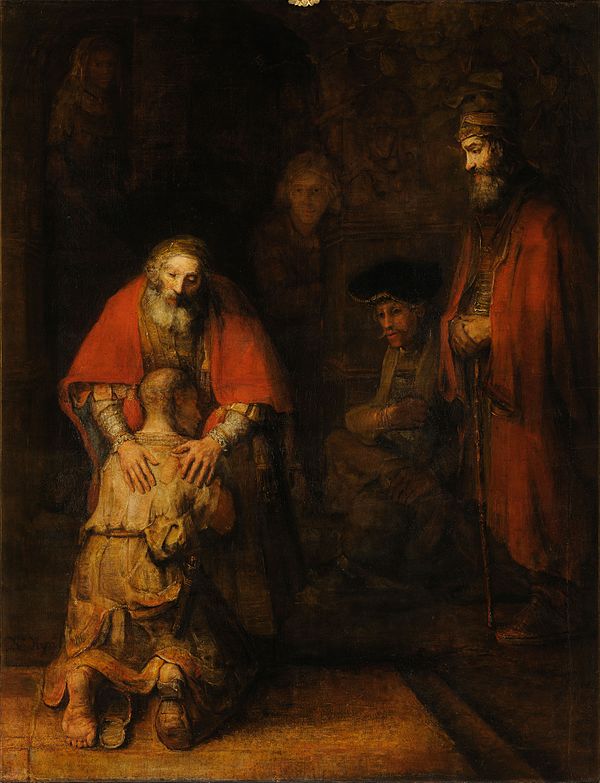LAS VEGAS (BP) — There are similarities to how Heiden Ratner leads WALK Church and his style on the basketball court from college and a year as a professional in Israel.
Energetic. Excited. Passionate. Competitive.
“I mean that in a healthy way,” he told Baptist Press. “We’re competing against the devil and lostness. I like to think there’s something in our church’s culture that has an energy that says, ‘We’re a part of something and we’re in this game together.’”
KVVU-TV Fox 5 wanted to be part of it, or more to the point, wanted it to be part of them. It has led to Ratner’s leading brief segments called Motivational Moments that bring viewers a Gospel-centered message during the station’s Friday morning show.
RELATED: Denver Basketball Tourney Unites Diverse Pastors, First Responders, Youth
Ratner and his wife, Neena, talked about the segments recently with Fox 5’s morning show. Both grew up in Las Vegas, and getting to contribute in a positive way that also connects the audience to their faith excites them.
“I wanted to be the change that I didn’t have when I was [growing] up,” Heiden said on his return to Vegas the summer after becoming a Christian while a freshman playing for James Madison University. “That led to a calling that the Lord put on my life to start teaching the Bible and sharing about what God has done in my life.”
A marketing coordinator for the station noticed WALK Church and the work the young congregation did in the area. She also noticed how the church reflected Vegas’ diversity in its combination of young and old and various ethnicities.
“She thought that was valuable,” Ratner said. “Our church reflected our city, and she loved that we are a church that’s passionate about serving our city not just on Sunday.”
Fifteen Motivational Moments have been recorded at the Fox 5 studios, with 11 more scheduled. In a city not known for its warmth toward the Bible, Ratner made it understood that it would be central in his messages.
“We wanted to make it clear up front that my motivational messages were going to have a foundation in the Word,” he said.
“The response has been really good. More people than I realized are seeing them and are being encouraged by them, even the people at the station.”
Part of the deal also secured a 30-second TV spot every Sunday morning for the church that includes an invitation by Ratner.
“We’ve seen people respond to that as well, he said. “One guy was kind of debating whether to go or not one morning when he turned on the TV and saw the ad with me inviting viewers. He was like, ‘All right, I’m getting up.’”
Competition can bring negative connotations. But it also brings to mind identifying an objective and pushing toward it relentlessly. Each step – or moment – is one closer to that goal.
“We are a church that’s in the city, for the city,” Ratner said. “These types of moments are big for us because we want to give the Gospel message in a relevant and fresh way to as many people as we can. If there is a large audience that watches the morning shows on Fridays, well, this is an opportunity to get in front of them with the Good News.”
This article originally appeared at Baptist Press.

